
Theodor Fontane was a German novelist and poet, regarded by many as the most important 19th-century German-language realist author. He published the first of his novels, for which he is best known today, only at age 58 after a career as a journalist.

Sir William Osler, 1st Baronet, was a Canadian physician and one of the four founding professors of Johns Hopkins Hospital. Osler created the first residency program for specialty training of physicians, and he was the first to bring medical students out of the lecture hall for bedside clinical training. He has frequently been described as the Father of Modern Medicine and one of the "greatest diagnosticians ever to wield a stethoscope". Osler was a person of many interests, who in addition to being a physician, was a bibliophile, historian, author, and renowned practical joker. One of his achievements was the founding of the History of Medicine Society, at the Royal Society of Medicine, London.

The Worshipful Society of Apothecaries of London is one of the livery companies of the City of London. It is one of the largest livery companies and ranks 58th in their order of precedence.

The Chelsea Physic Garden was established as the Apothecaries' Garden in London, England, in 1673 by the Worshipful Society of Apothecaries to grow plants to be used as medicines. This four acre physic garden, the term here referring to the science of healing, is among the oldest botanical gardens in Britain, after the University of Oxford Botanic Garden. Its rock garden is the oldest in Europe devoted to alpine plants and Mediterranean plants. The largest fruiting olive tree in Britain is there, protected by the garden's heat-trapping high brick walls, along with what is doubtless the world's northernmost grapefruit growing outdoors. Jealously guarded during the tenure of the Worshipful Society of Apothecaries, the Garden became in 1983 a registered charity and was opened to the general public for the first time.

John Phillips FRS was an English geologist. In 1841 he published the first global geologic time scale based on the correlation of fossils in rock strata, thereby helping to standardize terminology including the term Mesozoic, which he invented.

Johann Jacob Dillen Dillenius was a German botanist.
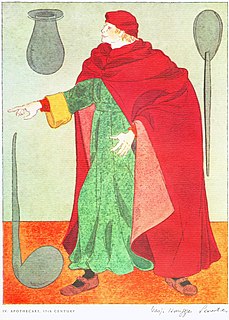
Apothecary is one term for a medical professional who formulates and dispenses materia medica (medicine) to physicians, surgeons, and patients. The modern chemist has taken over this role. In some languages and regions, the word "apothecary" is still used to refer to a retail pharmacy or a pharmacist who owns one. Apothecaries' investigation of herbal and chemical ingredients was a precursor to the modern sciences of chemistry and pharmacology.
James Petiver was a London apothecary, a fellow of the Royal Society as well as London's informal Temple Coffee House Botany Club, famous for his specimen collections in which he traded and study of botany and entomology. He corresponded with John Ray and Maria Sibylla Merian. Some of his notes and specimens were used by Carolus Linnaeus in descriptions of new species. The genus Petiveria was named in his honour by Charles Plumier. His collections were bought by Sir Hans Sloane and became a part of the natural history museum.
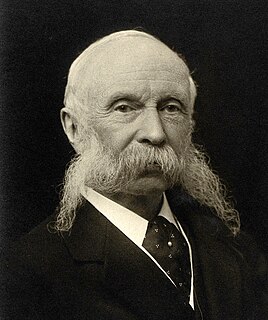
Sir James Crichton-Browne MD FRS FRSE was a leading Scottish psychiatrist, neurologist, eugenicist and medical psychologist. He is known for studies on the relationship of mental illness to brain injury and for the development of public health policies in relation to mental health. Crichton-Browne's father was the asylum reformer Dr William A.F. Browne, a prominent member of the Edinburgh Phrenological Society and, from 1838 until 1857, the superintendent of the Crichton Royal at Dumfries where Crichton-Browne spent much of his childhood.
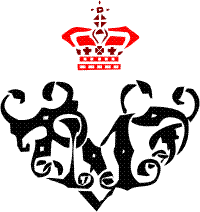
The Royal Medical Society (RMS) is a society run by students at the University of Edinburgh Medical School, Scotland. It claims to be the oldest medical society in the United Kingdom although this claim is also made by the earlier London-based Society of Apothecaries (1617). The current President of the 284th session is third year medical student Mr Liam Parkinson. The RMS is a professional society engaged in the advancement of medical knowledge and provision of assistance to medical students and professionals.
Silvanus Bevan FRS was an apothecary, who founded the London firm of Allen & Hanburys.
Events from the year 1762 in Ireland.
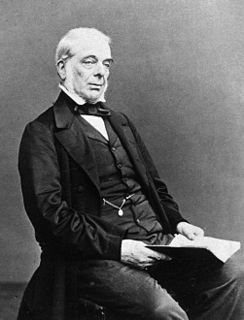
Robert Dunn was a British surgeon.

Thomas Henry was a surgeon and apothecary. He was a Fellow of the Royal Society of London, and also the father of William Henry, the chemist who formulated Henry's Law.

John Syer Bristowe (1827–1895) was an English physician.
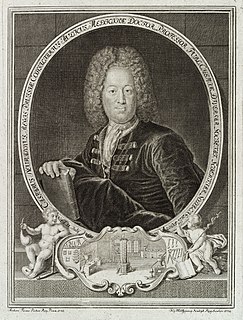
Caspar Neumann was a German chemist and apothecary.
Events from the year 1815 in Scotland.
Frank Arthur Bellamy was a British astronomer. He worked on Astrographic Catalogue with his niece, Ethel Bellamy.
The Diploma in the History of Medicine of the Society of Apothecaries, abbreviated DHMSA, is a postgraduate qualification awarded following a one year study course in the History of Medicine, organised by the Worshipful Society of Apothecaries and covers topics from antiquity of humanity to present times, taught by expert historians and clinicians.

The Fitzpatrick Lecture is given annually at the Royal College of Physicians on a subject related to history of medicine. The lecturer, who must be a fellow of the College, is selected by the president and may be chosen to speak for two years successively. The lectures are supported by funds from the Fitzpatrick Trust which was established in 1901 by Agnes Letitia Fitzpatrick with a £2,000 donation in memory of her physician husband Thomas Fitzpatrick. Agnes was influenced by her husband’s close friend, Sir Norman Moore, who persuaded her to choose ‘’history of medicine’’ as a subject. Subsequently, Moore was credited with its idea and implementation.